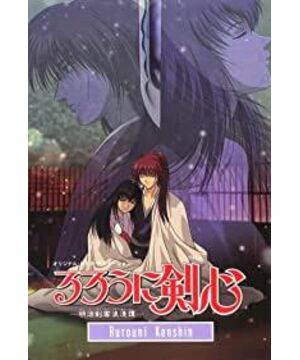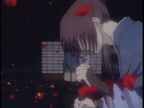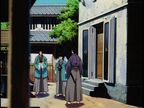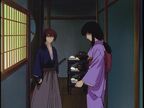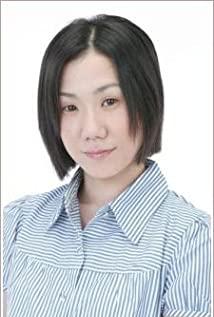The last time I watched it was during the winter vacation, and I missed even one or two episodes. It was really funny. I turned it out and looked at it this time, and it was considered to have a deeper understanding of Ba and Kenshin.
Although I haven't seen many OVAs myself, when I see the evaluation of "the strongest OVA", I will agree with a little bit. This work is impeccable in terms of storytelling, painting and soundtrack. When watching it, you must always feel that "the painting is really beautiful". The storyboard is jokingly called "textbook-like storyboard". In fact, the plot arrangement is not "textbook-like". The rise and fall of succession and succession", but this kind of steady and steady defeat is also quite good.
Ba's tragedy is actually somewhat unwilling. Let the male protagonist hang up a little bit, and it won't become like this. Well, this is all my delusion. This work became a masterpiece, which made people feel the deep pain brought by the turbulent era.
Except for Ba and Kenshin, the others are all flat-shaped figures, reformers with political ideals, Tokugawa samurai who try to maintain political stability, and they look like complete traitors throughout the whole process. If it weren't for Ba and Kenshin, this would be nothing more than a scene of political conflict in the Meiji Restoration. But these two people are three-dimensional. Ba's contradiction is a personal contradiction, and Jianxin's contradiction is a contradiction of the times. Ba knows that he and Jianxin are not the same world, but they will still support. This kind of relationship between the sword and the scabbard, eh, Shirou and Saber too, but the script written by Mushroom is not very realistic, ah, beside the point.
Ba is a tragic heroine and a beautiful woman. "The calamus flower is the most fragrant flower in the rain, even in the bloody rain."
View more about Rurouni Kenshin: Trust and Betrayal reviews


